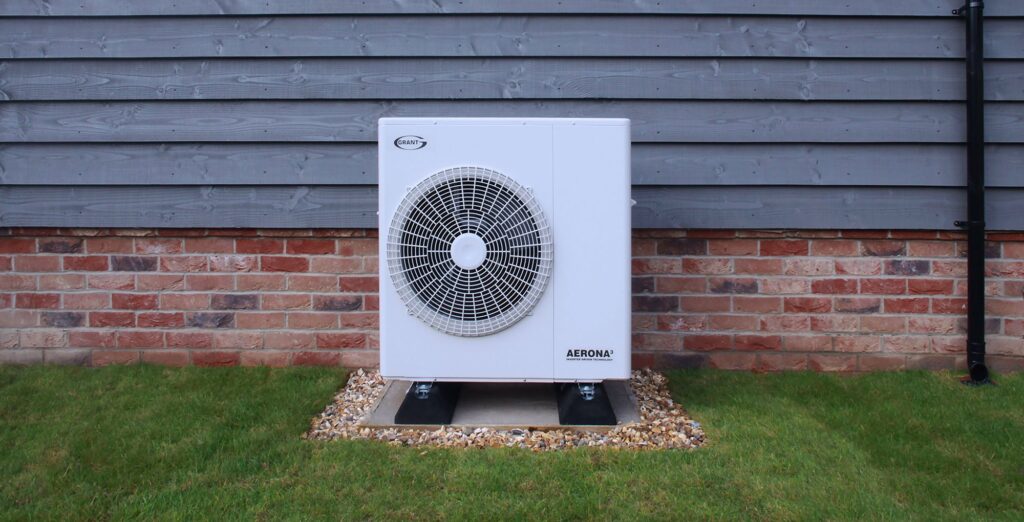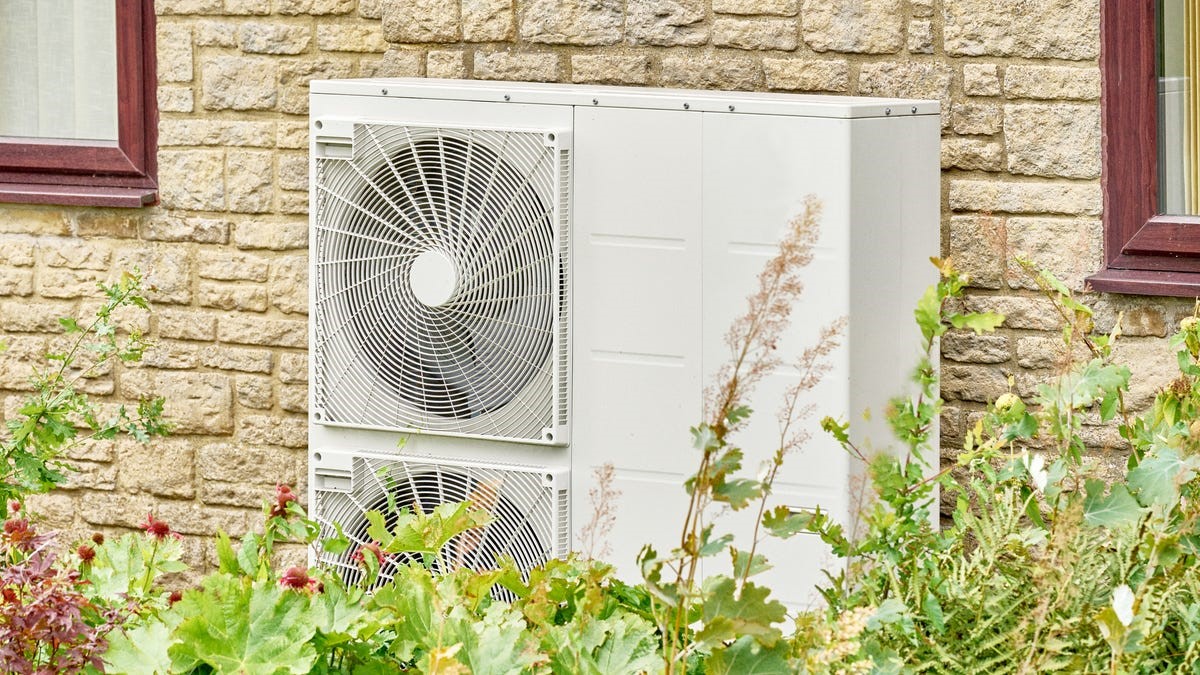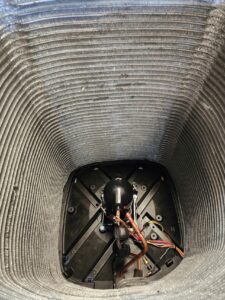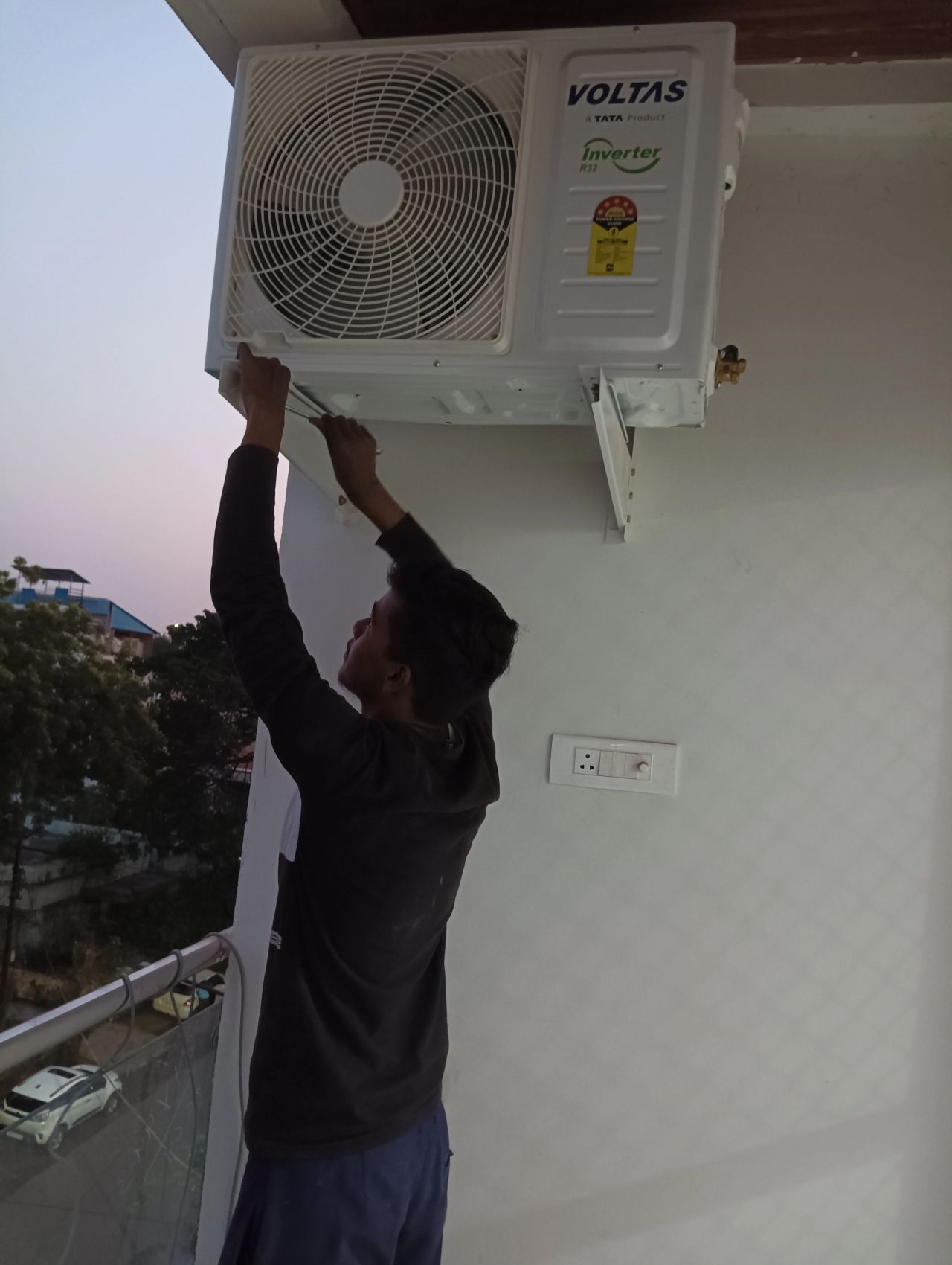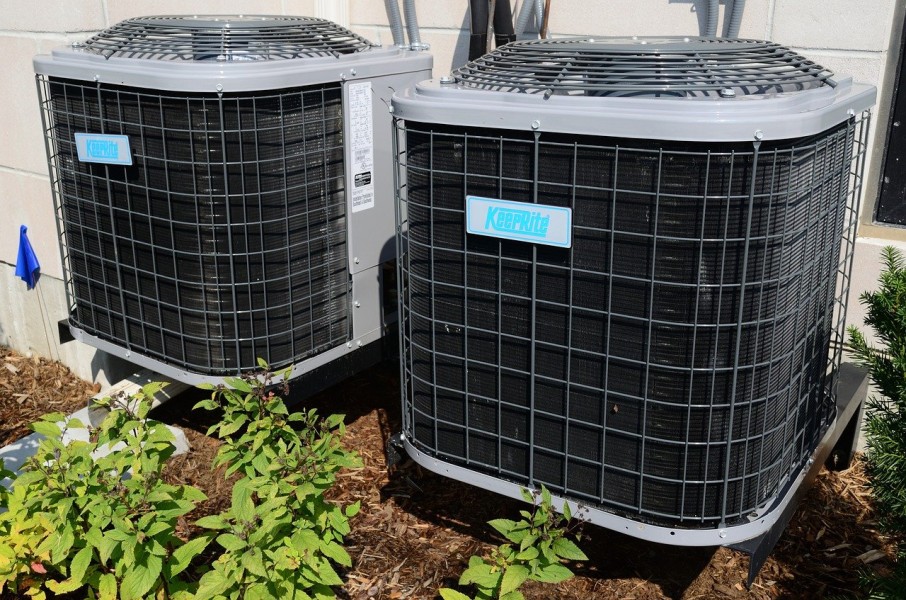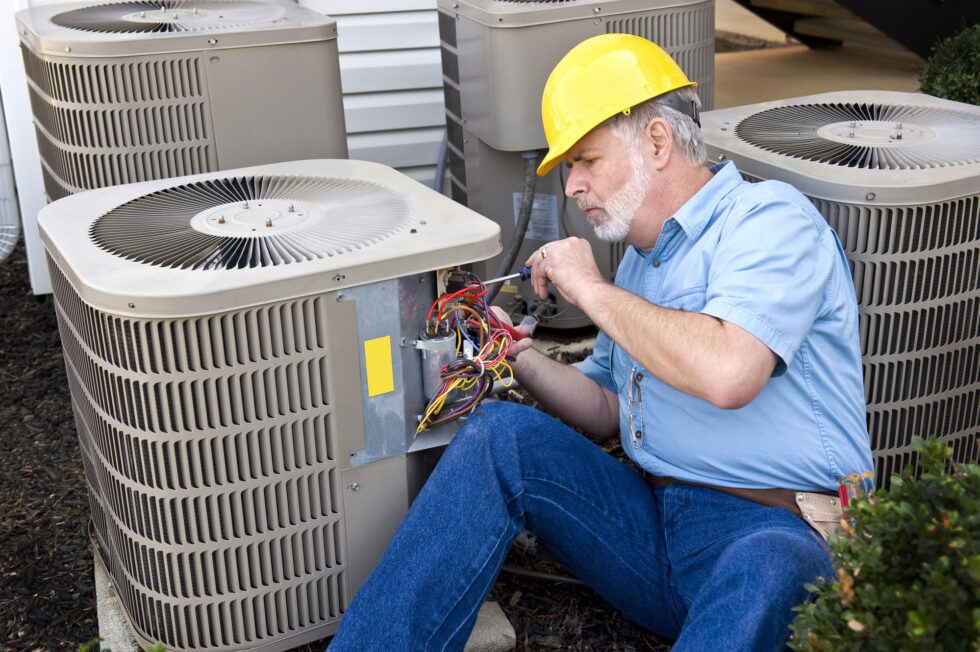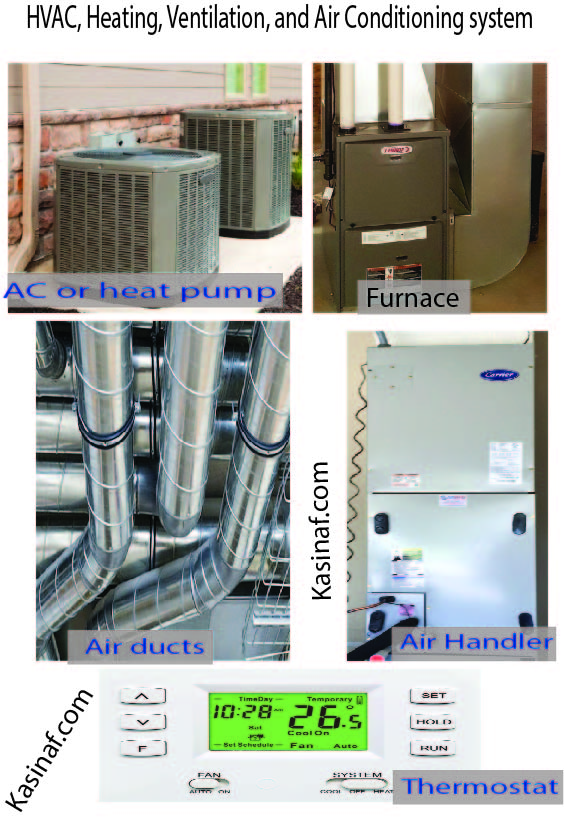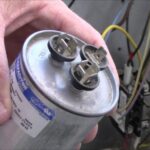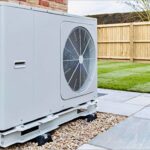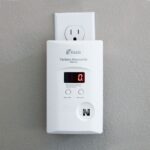How long will an Air Conditioner or Air Con last?
In this article you will know the average life span of AC (air conditioning units), Different types of AC units have different AC life expectancy
Air conditioner lifespans vary: Window Units last about 10 years, Portable ACs 5-10 years, Residential single whole-home and Central ACs around 10-15 years (up to 30 in some cases), Central air-source heat pumps 15-25 years, and Ductless mini-split systems approximately 20 years. Lifespan depends on usage, climate, insulation, and air sealing.
Understanding the AC life expenctancy of an air conditioner unit is crucial for homeowners and building managers. Different types of AC units have varying lifespans, and their longevity can be influenced by factors such as maintenance, usage, and local climate conditions. Here’s a breakdown of the expected lifespans for common types of air conditioners and tips on how to extend their service life.
Types of Air Conditioners and Their Expected Lifespans
Window Unit Air Conditioners
- Expected Lifespan: About 10 years
- These are common in single rooms and small spaces.
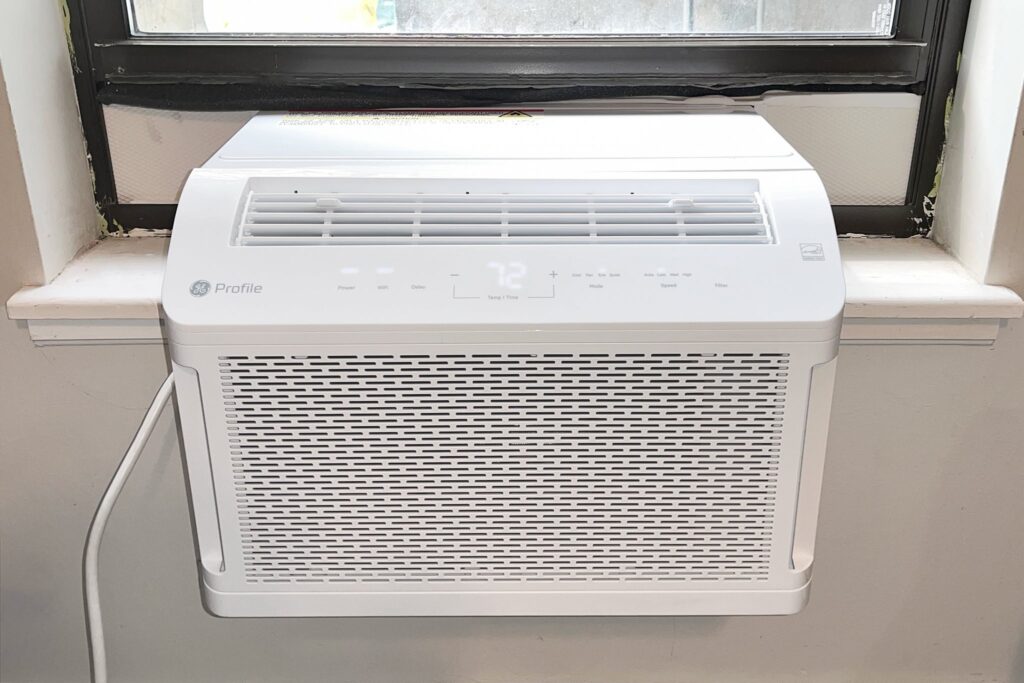
Portable Air Conditioners
- Expected Lifespan: Ranges from 5 to 10 years
- Portable units are versatile and movable but may have a shorter lifespan.
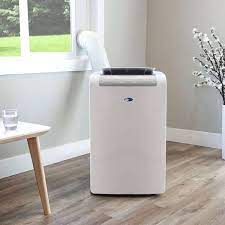
Residential Single Whole-Home AC Units
- Expected Lifespan: Approximately 15 years
- These systems provide centralized cooling for entire homes.
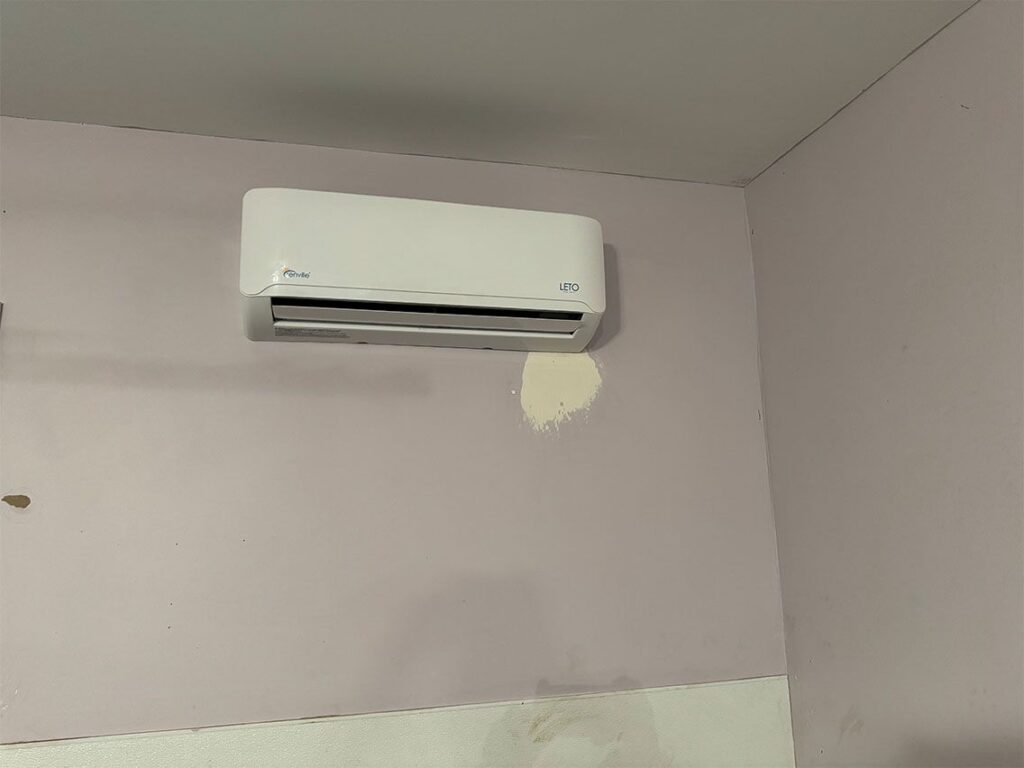
Central Air-Source Heat Pumps
- Expected Lifespan: Typically 15 years
- Can last up to 20–25 years with diligent maintenance and if the home is well-insulated.
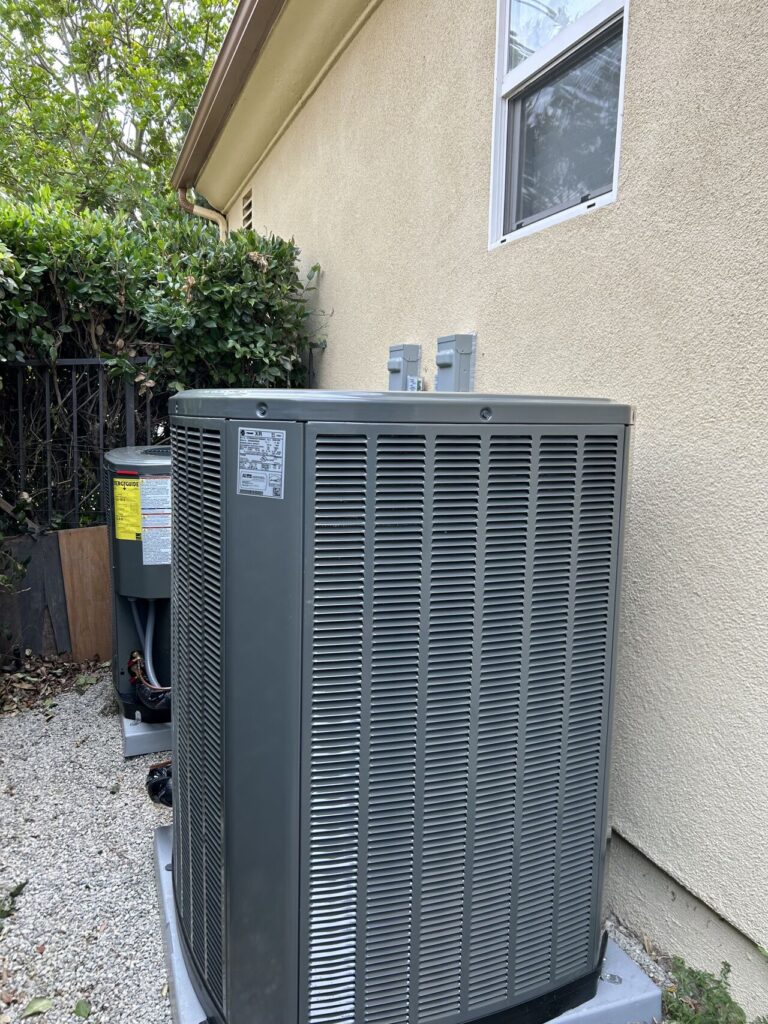
Ductless Mini-Split AC Systems (Heat Pumps)
- Expected Lifespan: Around 20 years
- These are efficient and typically used for specific rooms or areas in a home.
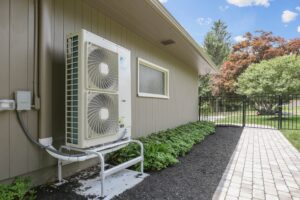
Factors Affecting Lifespan of air conditioner
Local Climate
- In some regions, central AC units may last only 5–7 years.
- Consultation with a home performance contractor or HVAC professional is advisable to choose the best type for your local climate.
Home Insulation and Air Sealing
- Enhancing insulation and air sealing in your home can significantly increase the efficiency and longevity of your AC unit.
- Proper insulation reduces the workload on the AC system, leading to less wear and tear over time.
Regular Maintenance
- Regular servicing and maintenance are key to extending the lifespan of any air conditioning system.
- This includes cleaning filters, checking refrigerant levels, and ensuring all components are functioning correctly.
In conclusion, the lifespan of an air conditioner unit varies depending on its type, maintenance, and the environment in which it operates. By choosing the right type of AC for your local climate and ensuring regular maintenance and proper insulation, you can maximize the efficiency and lifespan of your air conditioning system.
Understanding the Lifespan of Your Air Conditioner
When considering the lifespan of air conditioning units, it’s important to recognize the various factors that impact their effective functioning. Just like a family car, an AC unit requires regular maintenance, occasional repairs, and part replacements. The decision between repairing or replacing an AC unit significantly affects its lifespan. Below, we explore the key factors influencing the useful life of air conditioners.
Installation and Usage
Quality of Installation and Sizing
- Proper installation and correct sizing are crucial for optimal performance and longevity.
Personal Comfort and Thermostat Settings
- Individual preferences for temperature settings can affect the system’s wear and tear.
Rate of Use
- The frequency and intensity of use play a significant role. For instance:
- An AC in a cooler climate will have less wear compared to one in a humid, warmer area.
- A system set at a lower temperature will work harder than one set at a higher temperature.
Maintenance and Upkeep
Importance of Regular Maintenance
- Routine check-ups by a licensed HVAC technician are essential.
- Tasks like inspecting and replacing air filters, and cleaning components (compressor, coils, etc.) extend the unit’s life.
Self-Maintenance
- Keeping the outdoor unit clear of debris and ensuring regular homeowner maintenance can greatly impact the system’s efficiency and lifespan.
Environmental Exposure
Impact of Climate and Air Quality
- Factors like humidity and salty sea air can accelerate wear on the system, especially the outdoor unit.
Protective Measures
- Regularly cleaning the coil and removing debris around the outdoor unit helps.
- In coastal areas, choosing AC units designed for harsh conditions is beneficial.
- Use breathable covers for the outdoor unit to protect against the elements without trapping moisture.
In summary, the lifespan of an air conditioner is influenced by how it’s installed, the rate and manner of its usage, the level of maintenance it receives, and its exposure to environmental elements. Regular professional servicing, along with mindful use and self-maintenance, can significantly prolong the life of an air conditioning unit.

